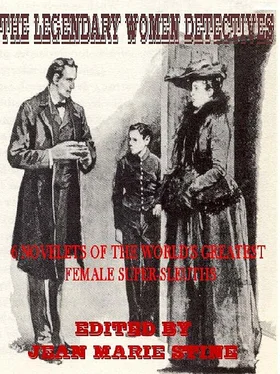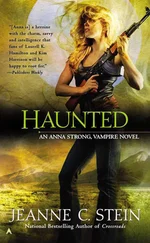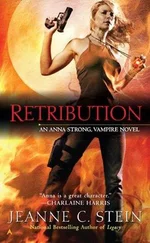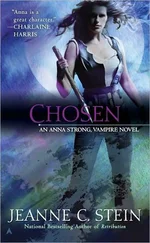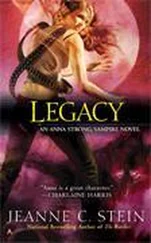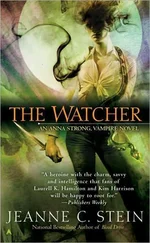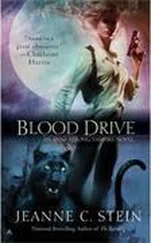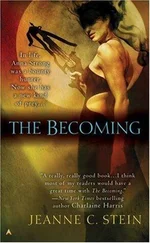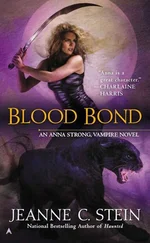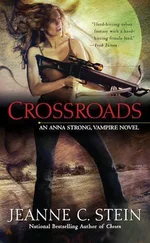There was that in her tone and manner which made it absolutely certain that Kelstern was not only like that but that he had acted according to his nature.
Greatorex did not re-examine Ruth; he conferred with Hazeldean. Then Hazeldean rose to open the case for the defence. He said that he would not waste the time of the Court, and that in view of the fact that Miss Kelstern had solved the problem of her father’s death, he would only call one witness, Professor Mozley.
The grey-headed, grey-bearded, stooping man, who had come to the Court so late, went into the witness-box. Of course his face had been familiar to me; I had seen his portrait in the newspapers a dozen times. He still carried the brown-paper parcel.
In answer to Hazeldean’s questions he stated that it was possible, not even difficult, to make a weapon of carbon dioxide hard enough and tough enough and sharp enough to inflict such a wound as that which had caused Kelstern’s death. The method of making it was to fold a piece of chamois leather into a bag, hold that bag with the left hand, protected by a glove, over the nozzle of a cylinder containing liquid carbon dioxide, and open the valve with the right hand. Carbon dioxide evaporates so quickly that its freezing-point, 80 degrees centigrade, is soon reached; and it solidifies in the chamois-leather bag as a deposit of carbon dioxide snow. Then turn off the gas, spoon that snow into a vulcanite container of the required thickness, and ram it down with a vulcanite plunger into a rod of the required hardness. He added that it was advisable to pack the container in ice while filling it and ramming down the snow, then put the rod into a thermos flask; and keep it till it is needed.
“And you have made such a rod?” said Hazeldean.
“Yes,” said the Professor, cutting the string of the brown-paper parcel. “When Miss Kelstern hauled me out of bed at half-past seven this morning to tell me her discoveries, I perceived at once that she had found the solution of the problem of her father’s death, which had puzzled me considerably. I had breakfast quickly and got to work to make such a weapon myself for the satisfaction of the Court. Here it is.”
He drew a thermos flask from the brown paper, unscrewed the top of it, and inverted it. There dropped into his gloved hand a white rod about eight inches long. He held it out for the jury to see.
“This carbon dioxide ice is the hardest and toughest ice we know of; and I have no doubt that Mr. Kelstern killed himself with a similar rod. The difference between the rod he used and this is that his rod was pointed. I had no pointed vulcanite container; but the container that Miss Kelstern pieced together is pointed. Doubtless Mr. Kelstern had it specially made, probably by Messrs. Hawkins Spender.”
He dropped the rod back into the thermos flask and screwed on the top.
Hazeldean sat down. The juryman who had been reprimanded by Garbould leaned forward and spoke earnestly to the foreman. Greatorex rose.
“With regard to the point of the rod, Professor Mozley: would it remain sharp long enough to pierce the skin in that heat?” he asked.
“In my opinion it would,” said the Professor. “I have been considering that point and bearing in mind the facts that Mr. Kelstern would from his avocation be very deft with his hands, and being a scientific man, would know exactly what to do, he would have the rod out of the flask and the point in position in very little more than a second – perhaps less. He would, I think, hold it in his left hand and drive it home by striking the butt of it hard with his right. The whole thing would not take him two seconds. Besides, if the point of the weapon had melted the tea-leaf would have fallen off it.”
“Thank you,” said Greatorex, and turned and conferred with the Crown solicitors.
Then he said: “We do not propose to proceed with the case, my lord.”
The foreman of the jury rose quickly and said: “And the Jury doesn’t want to hear anything more, my lord. We’re quite satisfied that the prisoner isn’t guilty.”
Garbould hesitated. For two pins he would have directed the case to proceed. Then his eye fell on Hazeldean, who was watching him; I fancied that he decided not to give him a chance of saying more disagreeable things.
Looking black enough, he put the question formally to the Jury, who returned a verdict of “Not Guilty,” and then he discharged Willoughton.
I came out of the Court with Ruth, and we waited for Willoughton.
Presently he came out of the door and stopped and shook himself. Then he saw Ruth and came to her. They did not greet one another. She just slipped her hand through his arm; and they walked out of the New Bailey together.
We made a good deal of noise, cheering them.
DON’T MISS THE CLASSIC AMY BREWSTER MYSTERIES
By Sam Merwin, Jr.
Gallopining out of the 1940s!
A Knife in My Back
A Matter of Policy
Message from a Corpse
La Brewster as described by her autho, in Knife in My Back:
“Quit kidding!” said Weddinton. “Why did you kill her, Joe?” The already high tension in the room rose another notch with his question. None of them heard the elevator door open or footsteps in the hall outside. The deep, almost rasping voice sounded, therefore, like a sudden clap of thunder.
“Of course he didn’t do it, you quibbling corporation jacknapes!” were the first words it uttered. “If he had, he wouldn’t have had the colossal nerve to call me in for help. Where do I put this?”
This most remarkable figure, in Boston if not in the entire world, stood in the doorway, filling it from side to side. A woman of indeterminate years, of vast corpulence and even greater ugliness. She wore no hat, and wispy gray-black hair, cut in the old Dutch style of the suffragettes of 1916 hung about the full moon of her face.
Twinkling brown eyes, almost buried in balloons of fat, were set on either side of a shapeless blob of a nose. This in turn hovered over an odd round rosebud of a mouth that expressed a constant cipher of astonishment and three demi-lunar chins that might have belonged to the Michelin man of the old automobile tire advertisements.
The short, fat body beneath this remarkable head also had a Michelin look which was in no way disguised by the shapeless old stained tweed topcoat and sacklike russet jersey dress that adorned it. The “this” of which she spoke was the cellophane wrapping of a thick Havana cigar which, without further direction, she hurled accurately into the fireplace.
Following it across the room in a graceless waddle, she bit off the end of the smoke, spat it out and busied herself applying a light. Exhaling a cloud of heavy smoke, she turned slowly to look at the stunned occupants of the room.
“Amy Brewster!” said Chris in an explosive whisper. Lawyer Weddington just stared. It was Joe who grinned, walked over to the human monstrosity. Deftly removing her cigar from her lips before she could protest, he planted a kiss full on the round little mouth. Then he stuck the Havana back in place.
“You don’t have to think your Casanova technique will get you anywhere with me,” she announced, scowling at the young man fiercely.
“That,” said Joe, amiably insulting, “would be a fate worse than death. But, baby, am I glad to see you!”
That “baby” was too much for Chris. He sat there and stared, too startled even to rise out of politeness. He knew all about Amy Brewster-who didn’t? But he had never expected to see her in this house after the feud which had begun when Amy had publicly labeled his father as the type of pale carbon copy, fifth generation Yankee that had caused the current dry rot in the one-time Athens of America by retirement into complete stuffed-shirt intellectual and business sterility.
Читать дальше
